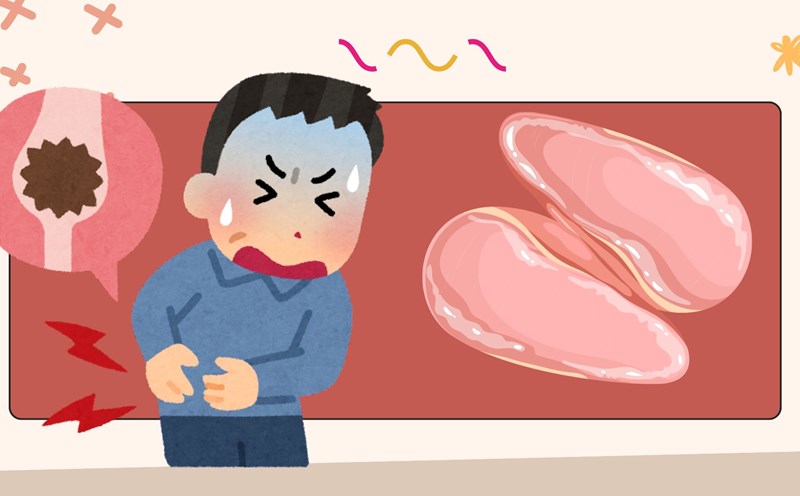Not only does protein help build and maintain muscle mass, it also helps control appetite and boost metabolism. However, to lose weight effectively and sustainably, protein supplementation needs to be done properly and scientifically.
First of all, eating protein helps prolong the feeling of fullness, thereby limiting snacking and controlling calorie intake. Research shows that people who increase their daily protein intake by 15% to 30% significantly reduce their calorie intake and weight for 12 weeks.
A protein-rich breakfast such as eggs, Greek yogurt or oatmeal with peanuts has been shown to help control hunger better than a starchy breakfast.
The body consumes more energy to digest protein than carbohydrates and fats - called the heat effect of food. About 20-30% of calories from protein are consumed during digestion alone, compared to only 5-10% from carbs and 0-3% from fat.
However, eating protein does not mean completely eliminating other groups of substances. A balanced diet still needs enough vegetables, healthy fats and complex starches. Protein intake should account for about 25-30% of total daily energy, equivalent to about 1.2 - 2.0g of protein/kg of body weight, depending on the level of exercise.
Prioritize healthy protein sources such as lean meat, fish, eggs, tofu, beans and low-fat milk. Limit processed meats such as sausages and bacon because they can contain bad fats and high sodium.
Protein plays an important role in the weight loss journey but needs to be consumed properly, combined with a balanced diet and healthy lifestyle for long-term results.









